The spine is the backbone of human function. It allows us to stand upright, supports our weight, and enables movement. It also protects the spinal cord, which controls mind and body. So what can we do to guard it? Dr. Marc Arginteanu, chief of neurosurgery at Englewood Health, shared his advice.
Who may be at risk for spine and back problems?
Dr. Arginteanu: If you have a family history of scoliosis, you should have your children checked just before puberty. Pediatricians know what to look for in an initial screening. If there is a problem, a child should go for X-rays and then be seen by a spine specialist. Those with spondylolisthesis—where one vertebra slips forward over the next—should also be checked if they have a lot of back pain.
What are some common spine and back issues you see?
Dr. Arginteanu: The most common issue in younger people is a herniated disc in the lower back or neck, which can cause sciatica pain to run down the leg or arm. In older people, the most common issue is stenosis—pinching of the nerves. Stenosis occurs as the joints, spine, and connecting tissue deteriorate over time, crowding the nerves that run through the neck and lower back. It can lead to sciatica and neurogenic claudication (inflammation of the nerves stemming from the spinal cord), limiting walking. It can also cause myelopathy, weakness in the arms and legs.
How can people be proactive about spine and back care?
Dr. Arginteanu: First, maintain a healthy weight. Fat in males tends to be on the belly, which pulls them forward, putting stress on the spine. Second, don’t smoke. Smoking decreases the oxygen that goes to the spinal discs. Third, exercise regularly, staying active 3–5 times a week. Those who do heavy lifting at work should also see if their employers offer a “back class” demonstrating techniques to prevent injury.
With the winter weather and holidays approaching, what should we be aware of?
Dr. Arginteanu: With all the holiday parties, we tend to eat more and exercise less. As you grab a plate, remember that extra weight puts stress on the spine, so make healthy diet choices whenever possible. It’s important to exercise, even when your schedule is busy. Wear appropriate footwear and be careful not to slip on ice. If you fall backward, try to tuck your chin and keep your shoulders, neck, and head up off the ground. Throw your hands and forearms to the ground with palms facing down. Exercise caution before moving someone who’s fallen and has neck pain or weakness in the arms or legs. When in doubt, wait for emergency medical services.
What are the warning signs that a person should seek help?
Dr. Arginteanu: Pain is usually the body’s sign that things aren’t right. But certain conditions like myelopathy can be painless. Progressive weakness or numbness of the arms or legs can indicate a spinal problem—even without spinal pain. Neurogenic claudication can also be painless, but if you have it you may find that you’re able to walk less and less, or experience cramping or weakness in the legs when you do.
Posted September 2018

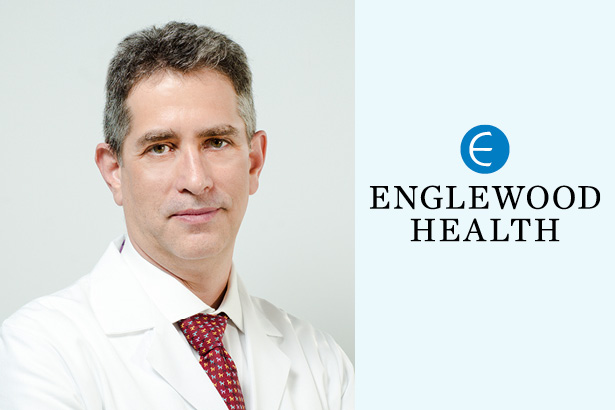
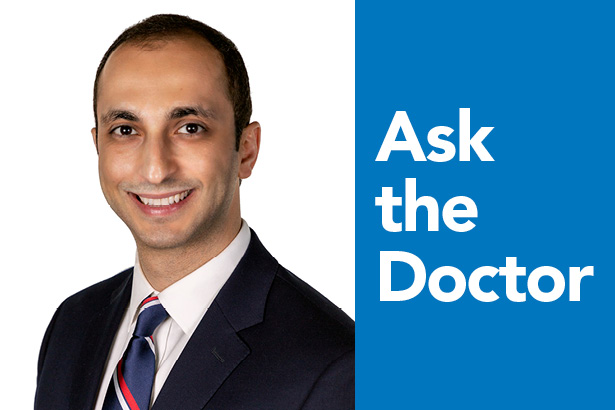
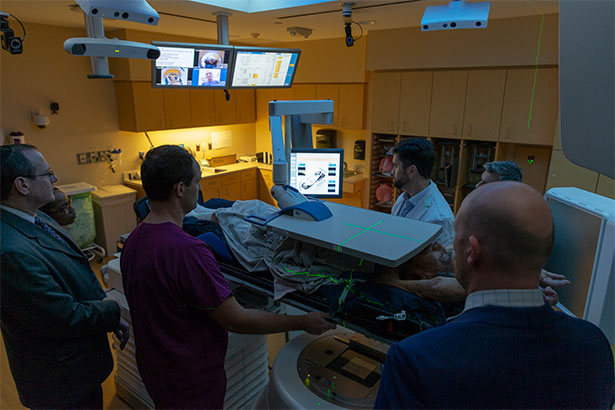
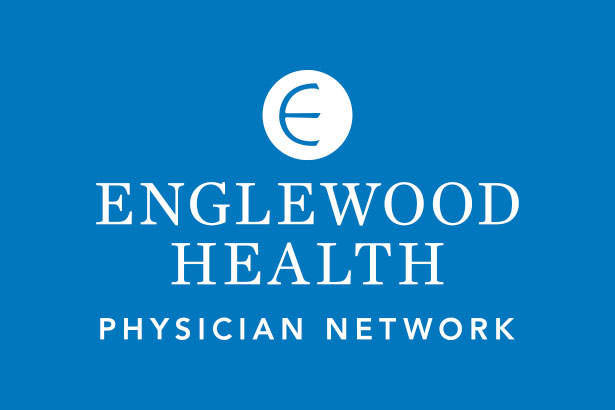

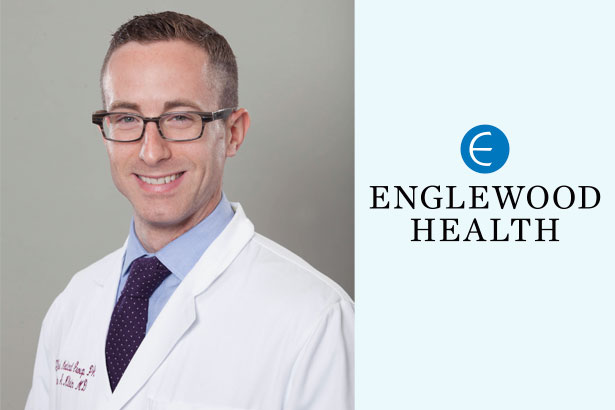
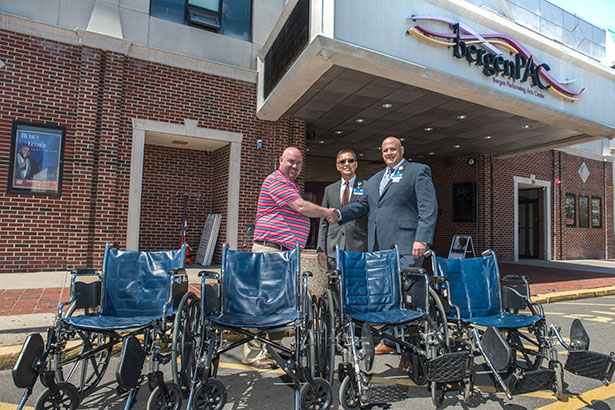
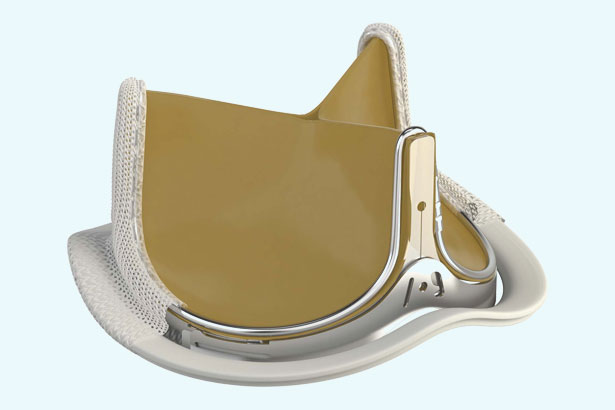
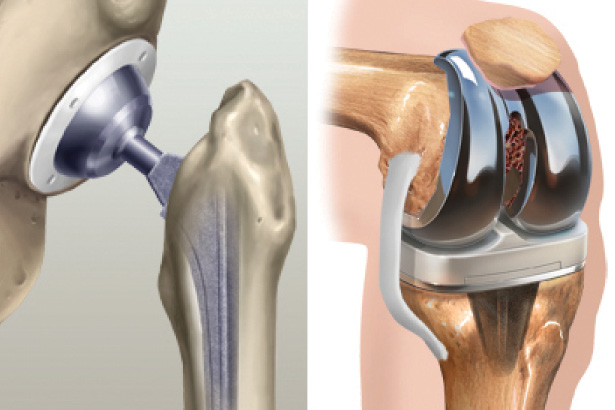
 In the same year, Englewood Health earned recertification by The Joint Commission for total hip and total knee replacement, and became the only hospital in New Jersey to be Joint Commission-certified in spinal fusion. Englewood Hospital also expanded its main operating room with four new state-of-the-art operating rooms dedicated to orthopedic and neurological surgery. The rooms include advanced imaging tools, digital technology, and other features to support patient safety and high-quality care.
In the same year, Englewood Health earned recertification by The Joint Commission for total hip and total knee replacement, and became the only hospital in New Jersey to be Joint Commission-certified in spinal fusion. Englewood Hospital also expanded its main operating room with four new state-of-the-art operating rooms dedicated to orthopedic and neurological surgery. The rooms include advanced imaging tools, digital technology, and other features to support patient safety and high-quality care.